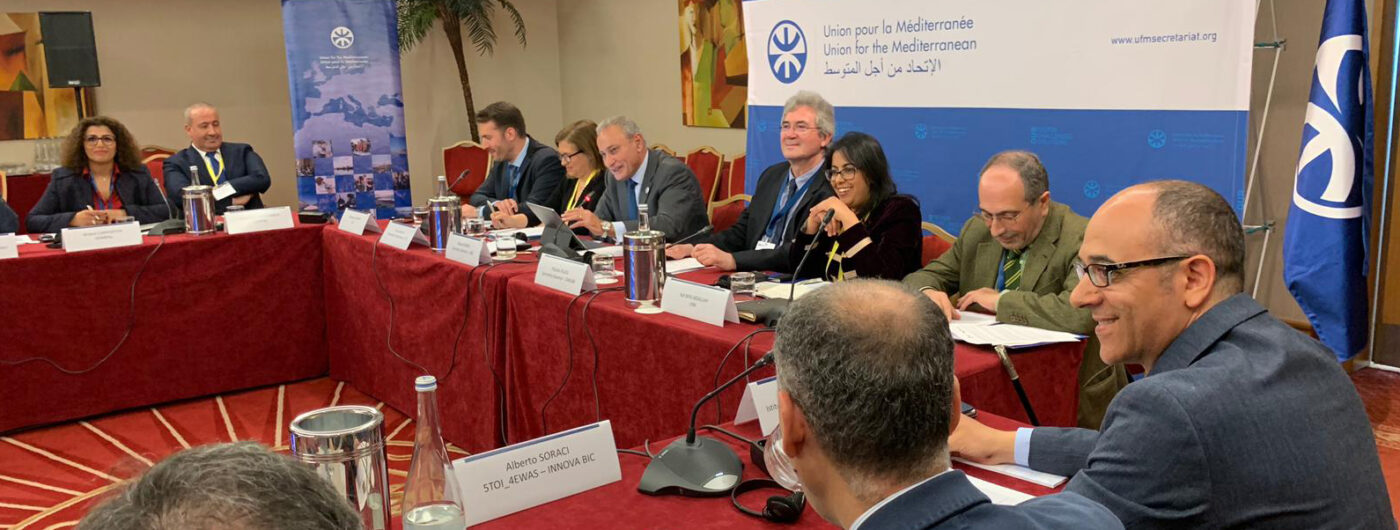
Tackling unemployment among university graduates and researchers
Cascais, Portugal, 1 April 2019. Degrees, PhDs, and research initiatives are essential tools for supporting the implementation of an inclusive economy, but despite the rise in numbers of university graduates across the Euro-Mediterranean region, youth unemployement remains a regional challenge. One of the reasons for high levels of unemployment for Mediterranean youth is a persistent gap between the skills acquired at universities and the requirements of business. More than 32 percent of Enterprises in some Southern Mediterranean Countries have identified labor skill levels as a major constraint to hiring [1].
Despite significant resources being invested in specialised training programmes, young graduates and researchers often face challenges in finding or creating meaningful job opportunities, increasing underemployment, brain drain and waste of knowledge. It is therefore essential to further bring closer the private and the higher education sectors for increasing the employability of graduates and researchers through an inclusive multilevel approach which takes into account higher education stakeholders, civil society, governments, companies, business accelerators, development institutions and the scientific community at large.
In this spirit, the side event “The employment of Mediterranean university graduates: Bridging the employability gap between advanced skills and markets” was organized in parallel to the 4th UfM Ministerial Conference on Employment and Labour by the Secretariat of the Union for the Mediterranean (UfMS), in partnership with Deutsche Gesellschaft für Internationale Zusammenarbeit (GIZ) GmbH commissioned by the German Federal Ministry for Economic Cooperation and Development (BMZ), the Fundação para a Ciência e a Tecnologia (FCT) and the International Center for Advanced Mediterranean Agronomic Studies (CIHEAM).
In opening the side event, Secretary General Nasser Kamel said “it is my firm belief that our region offers an incredible potential for synergies and co-development in this domain. We need to step up discussions for identifying joint initiatives, points of entries and processes for increasing a smooth transition from universities to job markets.”
This dedicated interactive meeting has been a venue for sharing best practices, highlighting standing challenges and offered practical recommendations on employability of highly trained youth. Participants across the Mediterranean have contributed to a lively debate, enriching the discussion with their experience on the ground and suggesting areas for practical actions for possible follow-up.
